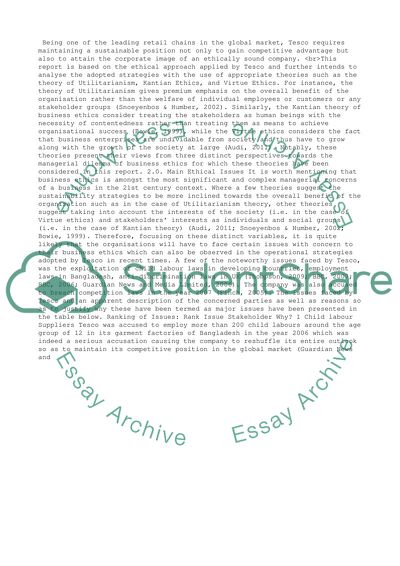Cite this document
(“Employees. Ethical Audit Report Case Study: Tesco Essay”, n.d.)
Retrieved de https://studentshare.org/business/1393151-employees-ethical-audit-report-case-study-tesco
Retrieved de https://studentshare.org/business/1393151-employees-ethical-audit-report-case-study-tesco
(Employees. Ethical Audit Report Case Study: Tesco Essay)
https://studentshare.org/business/1393151-employees-ethical-audit-report-case-study-tesco.
https://studentshare.org/business/1393151-employees-ethical-audit-report-case-study-tesco.
“Employees. Ethical Audit Report Case Study: Tesco Essay”, n.d. https://studentshare.org/business/1393151-employees-ethical-audit-report-case-study-tesco.


